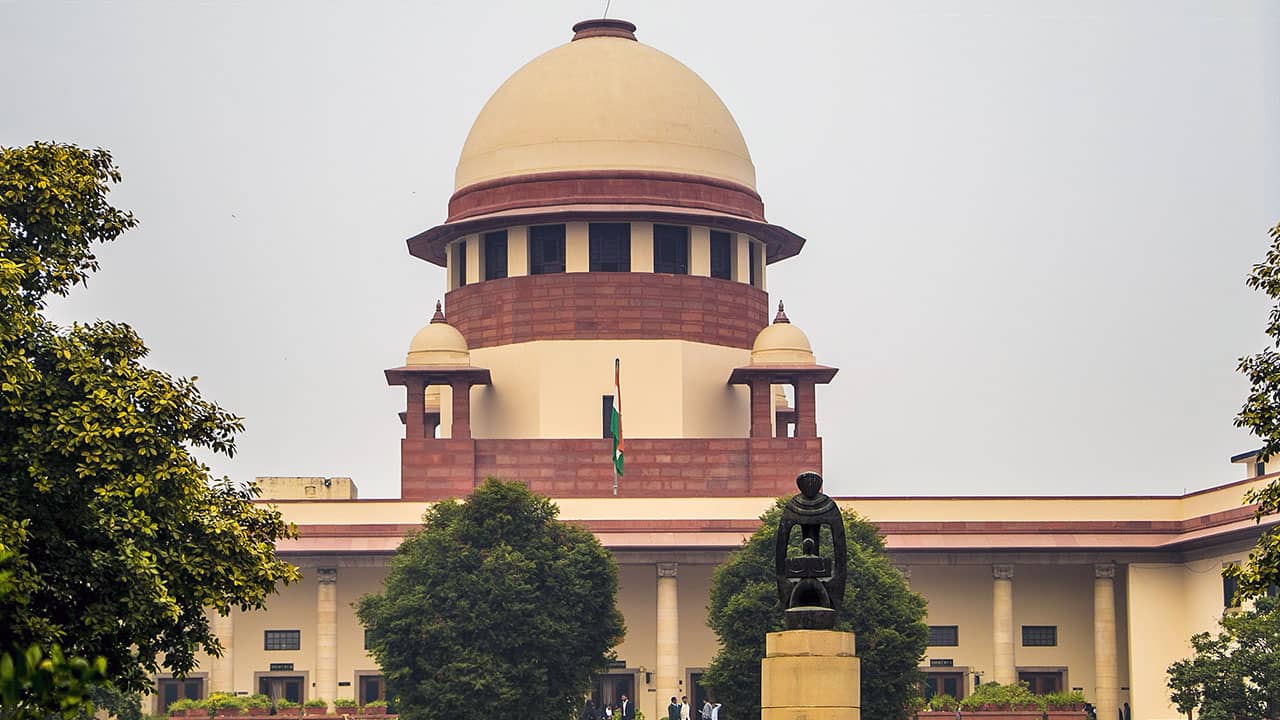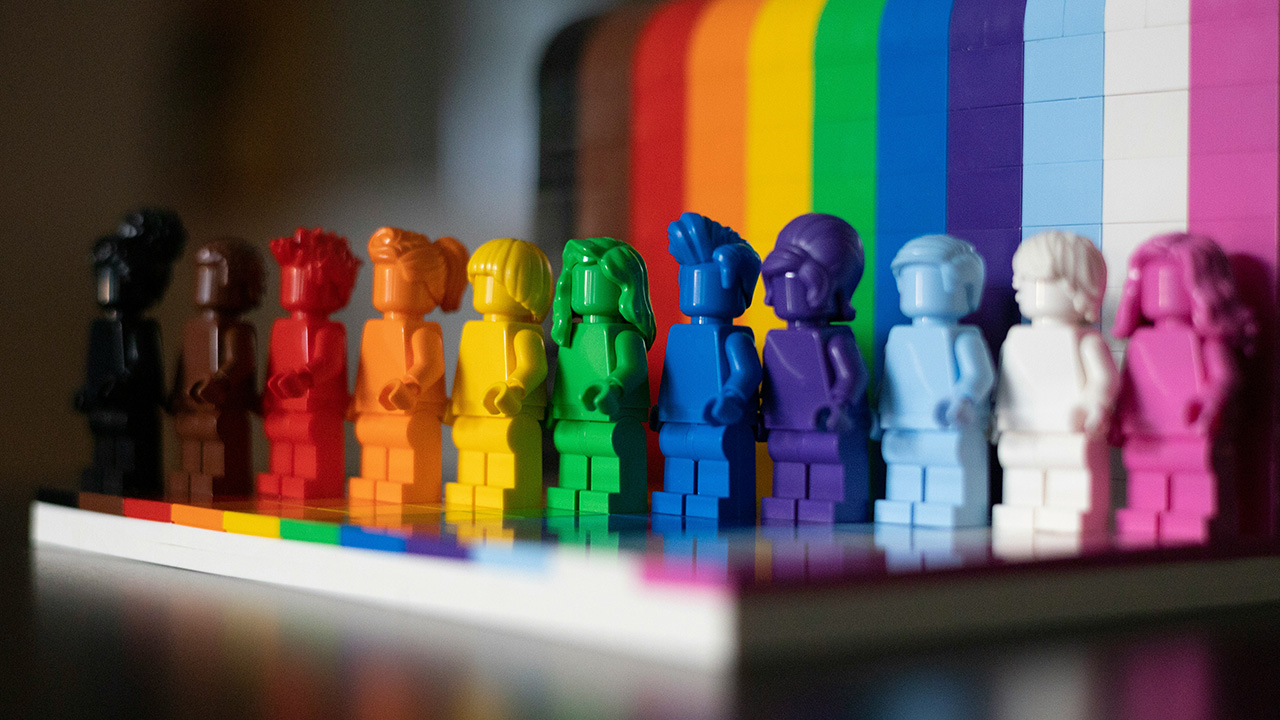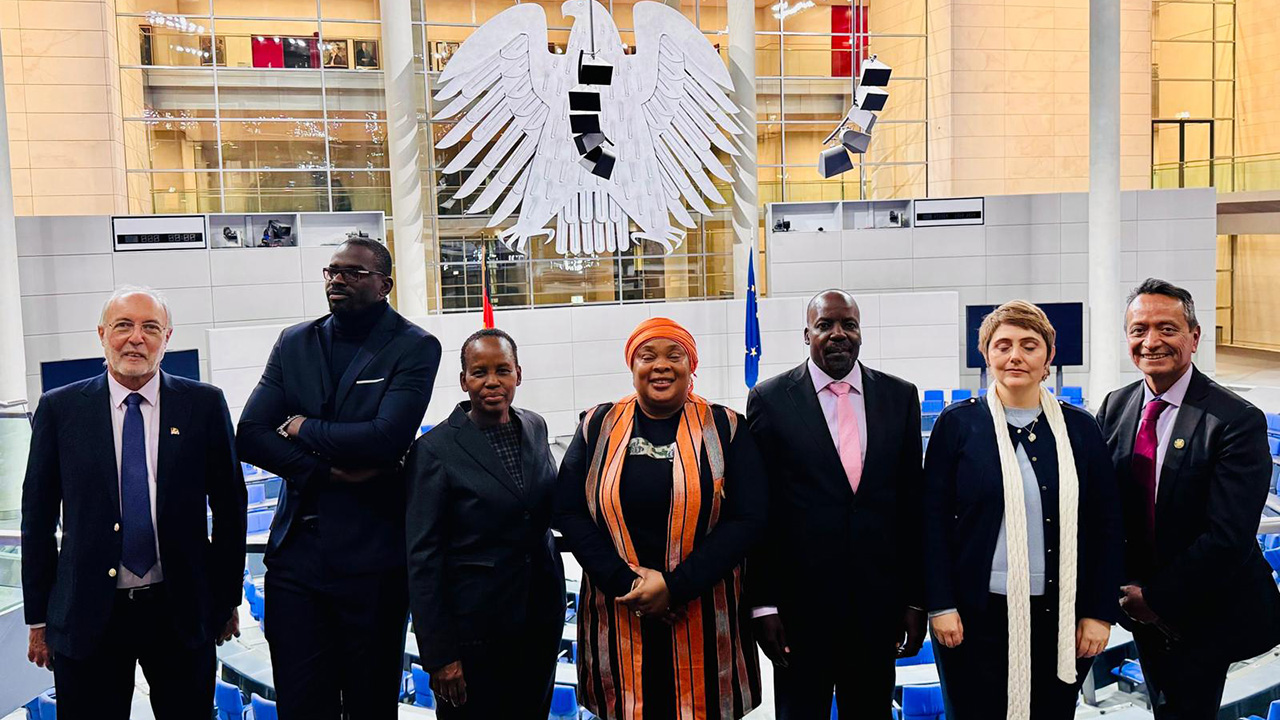
"File:Supreme Court of India.jpg" by Subhashish Panigrahi is licensed under CC BY-SA 4.0 .
India’s Supreme Court ruled today that consensual and private same-sex relations between adults are not a crime. This momentous decision is a crucial victory for lesbian, gay, bisexual, trans and intersex (LGBTI) people in the country and their allies and upholds the fundamental human rights principles of equality and non-discrimination.
The five-judge bench unanimously struck down Section 377 of the Indian Penal Code, a relic of British colonial rule which punished same-sex relations with 10 years to life in prison, deeming it discriminatory and unconstitutional. “Section 377 is irrational, arbitrary and incomprehensible as it fetters the right to equality for the LGBT community,” said Chief Justice Dipak Misra. “The LGBT community and their family members are owed an apology from society for being denied equal rights over the years,” said Justice Indu Malhotra.
Congratulations to LGBTI people in India and everyone who believes in equality all around the world for this historic ruling, which advances justice by respecting the right to privacy, recognizing the intrinsic dignity of every human being and promoting an inclusive society. PGA’s President Margareta Cederfelt, Member of Parliament from Sweden.
Today is a good day for India and for human rights. Discrimination has no place in Indian society and I am very glad that the Supreme Court has struck down the outdated criminalization contained in Section 377. The State has an obligation to protect the rights of all individuals, regardless of their sexual orientation and gender identity. PGA Board Member Tariq Anwar, Member of Parliament from India.
India’s Supreme Court judgment has international repercussions. Section 377 served as a model for similar laws in many former British colonies in Africa, Asia, the Caribbean and the Pacific. Over 70 countries, including more than 30 in the Commonwealth, still criminalize consensual same-sex relations. In recent years, courts have struck down such provisions in Belize (2016) and Trinidad and Tobago (2018). India’s example will resonate in these two countries, where appeals against these decisions are pending, and beyond.
PGA’s SOGI Campaign seeks to mobilize parliamentarians to take action, including decriminalization and other legislative reforms, which protect and promote the rights of LGBTI people. The Campaign has a particular focus on Caribbean and Pacific Commonwealth countries.




